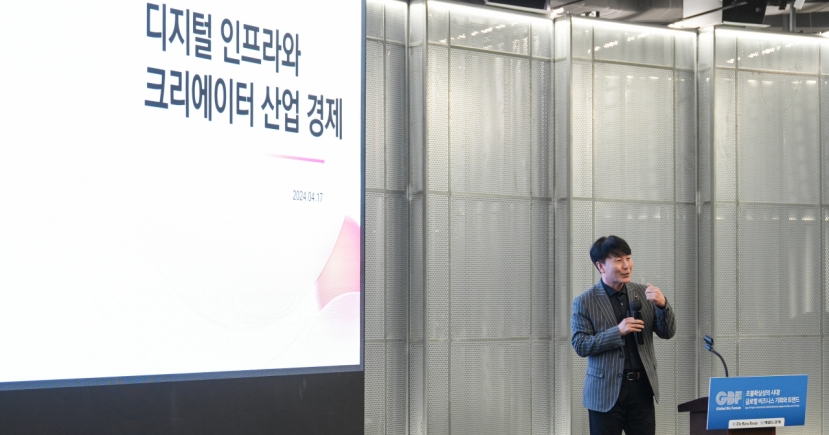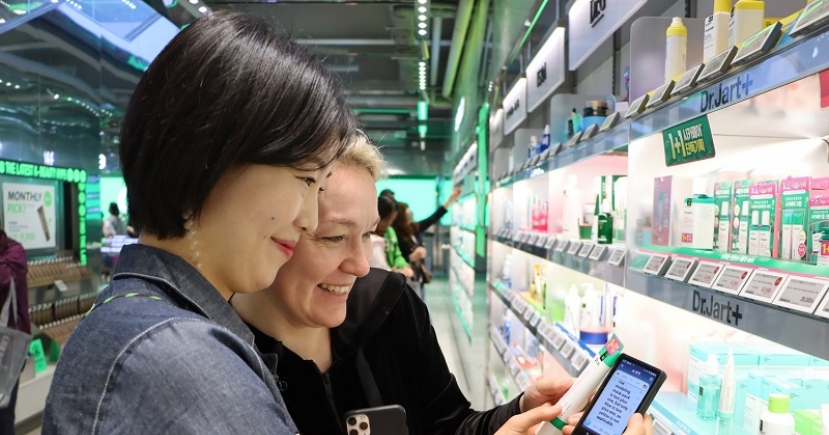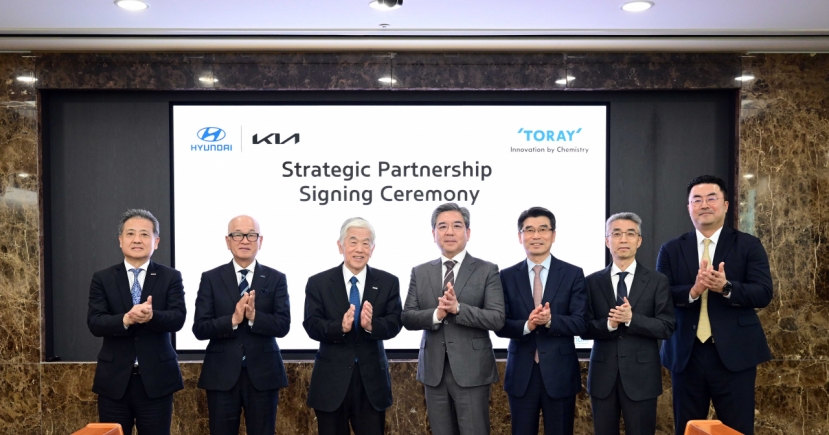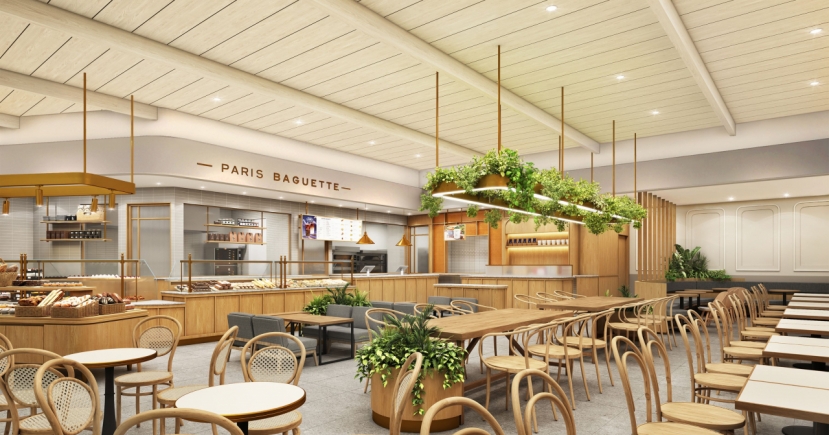Startups
[INTERVIEW] Top US accelerator remains bullish on Korean startups
[THE INVESTOR] NEW YORK -- Korean startups often underestimate themselves, but they have huge potential which needs to be tapped, according to the head of a top US-based accelerator.
Korea is one of a few countries in the world that has successful homegrown mobile messenger firms, fending off global giants such as Facebook, WhatsApp and WeChat, noted Murat Aktihanoglu, co-founder and managing director of Entrepreneurs Roundtable Accelerator, the first startup accelerator in New York founded in 2011, in a recent interview with The Investor.
 |
Murat Aktihanoglu |
Among the most popular mobile messengers in the world, KakaoTalk and Line were created by local firms Kakao and Naver, respectively. More recently, first person shooter game “Battlegrounds,” made by Korean blockbuster startup Bluehole, has been gaining massive global popularity, another good example of the capability of domestic startups, he said.
“Korean people still don’t know the potential of domestic startups,” said Aktihanoglu, adding that they should be more enthusiastic.
Aktihanoglu has experience collaborating with Korean government agencies, investors and startups for several years, and should know better.
Since 2015, New York-based ERA, in partnership with a state-run agency in Korea, has invited around three startups every year and put them through an intense three-month acceleration program, through which they receive coaching and mentoring to prepare themselves to go global.
ERA mentors, consisting of industry experts and seasoned entrepreneurs, help the participants learn presentation skills for global investors, establish a business model, and find skilled engineers and future global partners.
The Korean state-run startup support agency has invested in a fund run by ERA, and details of the agreement will be publicized early next year, he said.
ERA’s partners include the Korea Institute of Startup & Entrepreneurship Development, Korea Trade-Investment Promotion Agency, Seoul Metropolitan Government and Korea Venture Investment Corp.
Touching upon criticism that the Korean government is excessively interfering in the startup sector, he said the current startup policy, at least from the point of view of an outsider, is moving in the right direction.
“It is not a good idea for the Korean government to stop helping startups. If you help startups grow, the whole economy will grow,” said the CEO, mentioning the steps taken by governments all over the world, including in New York, to prop up the economy by invigorating startups.
Inspired by Y Combinator, which has a number of unicorns under its belt, including Airbnb, Dropbox and Twitch, he and his partner Jonathan Axelrod founded ERA to vitalize the New York startup segment in 2011.
Having led around 140 investments, the accelerator has raised more than US$250 million and startups under its portfolio are worth more than US$1.4 billion.
The firm has been working with investors and startups in various nations, including India, Japan, and Israel.
The following are excerpts from the interview.
The Investor: What do you think Korean startups need the most to be successful in global markets?
Aktihanoglu: First, they have to be really successful in Korea. Second, they have to think of global markets and should really focus on being everywhere in the world, not just in Korea. The Korean companies that ERA has invested in so far, including family location sharing app iSharing Soft, are all targeting global customers.
Korean firms have to come to New York to raise money from US investors and to get help. To that end, they have to speak English really well and have a global vision. Think big and try to go to different markets, like the US, Singapore, China and UK. These are some of the most important things. They should believe that they can become the next Kakao or Line.
TI: What do you think of the technical capability of Korean startups?
Aktihanoglu: Their technical skills are very high. They are also very hard working and energetic. I think as they learn more about global markets, their technology will improve.
I think Koreans have a lot of potential. But when I talk to them, they are always ask questions like ‘Why should you go to Korea?’ They don’t think Korean startups are interesting, which is weird for me. I think Koreans should be more enthusiastic (about domestic startups).
 |
Murat Aktihanoglu talks with Korean startup founders taking part in ERA's acceleration program. |
TI: Do you think there will be more Korean startup unicorns in the global market?
Aktihanoglu: Of course, Korea has no natural resources, no oil, nothing. However, it has become a top 10 world economy. It is because people are very hard working and creative. I think the same thing will happen in the global startup sector.
TI: Which industry segments in Korea does ERA invest in?
Aktihanoglu: We are currently keeping an eye on hardware firms, such as those for medical devices. We are also paying keen attention to some consumer device firms and fintech startups from Korea.
The past partcipants of the ERA acceleration program include The Wave Talk, which produces a device that detects bacteria in water in real-time, and Korea’s first automated investment service firm AIM, which has been growing very fast.
We have invested in three Korean startups so far--iSharing Soft, FROTH, and Spryfit.
TI: How can Korean startups attract overseas investments?
Aktihanoglu: There is no single answer to the question since every company has different problems.
English is one of the most important things. If you cannot speak the language, you cannot do business here. If you want to raise money, you also have to do a great pitch. While pitching, startups have to emphasize their biggest strength. Do not lie, but just put focus on your strengths.
You also need good answers for many difficult questions. Sometimes investors ask you, ‘What do you think you are going to do and where are you going to be in five years?’ If you say ‘I have no idea,’ then they are not going to give you money. You have to have answers for everything.
And do not get defensive on negative feedback. Just say ‘That is an interesting idea, let me think of it,’ because investors are testing you.
When you run a startup, you should listen to people. After receiving feedback you have to fix things. Some founders do not listen to anybody, and they make lots of mistakes.
TI: Why is New York the best destination for foreign startups?
Aktihanoglu: New York is much better than San Francisco. First of all, it is the largest VC market in the world. As of the third quarter of this year, the overall amount of startup funding raised here, at US$4.23 billion, surpassed Silicon Valley’s US$2.2 billion and San Francisco’s US$4.17 billion.
Second, we are the fastest VC market. Growing much faster than anywhere else. It is also the fastest growing tech market in the US.
In addition, some 20 percent of startups in the world have connections in New York. The city also has great support systems. We have more tech talents than anywhere else.
TI: Please tell us about some future projects with Korean partners.
Aktihanoglu: ERA recently picked four students from KAIST for an internship program. They will come to Manhattan in January and work at startups backed by the accelerator for six weeks. The students will also participate in workshops and lectures run by our mentors. If the program is successful, we will bring more students to the city. I hope to work more with Korean startups.
By Kim Young-won (wone0102@heraldcorp.com)
This story was sponsored by the Samsung Press Foundation. - Ed.








